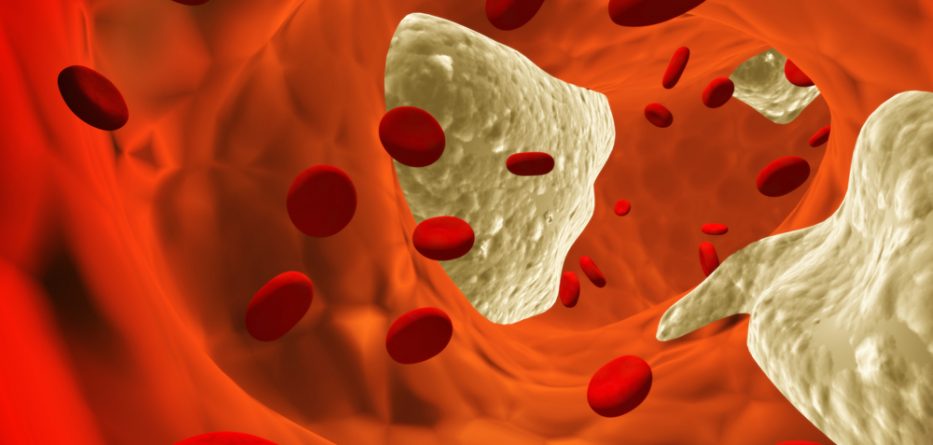Statins are the most common medication prescribed to help deal with cholesterol. However, there are other methods that you can try.
One common alternative to statins is a cholesterol absorption inhibitor. A cholesterol absorption inhibitor prevents your small intestine from properly absorbing the cholesterol that you consume, meaning that the cholesterol will be unable to reach the bloodstream. Ezetimibe () is currently the only cholesterol absorption inhibitor on the market. It is often prescribed alone but in tandem with a low-fat diet.
Another alternative to statins is sequestrants or bile acid-binding resins. Sequestrants bind to the bile in your intestines, thereby blocking the cholesterol from being absorbed into the bloodstream.
Another way to combat cholesterol levels is through treating high triglyceride levels. Triglycerides are a kind of fat that is found in blood. Medications that help to lower triglycerides directly can then indirectly help to lower cholesterol levels. The most common prescription for dealing with high triglycerides is niacin or vitamin B-3. Niacin helps to lower LDL cholesterol (bad) while increasing HDL cholesterol (good).
There are also many lifestyle changes you can undertake to help get control over your cholesterol levels. Losing excess weight and eating heart-healthy foods are usually the best place to start. A heart-healthy diet is one that is low in saturated (animal) fat and is high in fiber, fruits, vegetables, whole grains, and fish. Losing as little as five to ten pounds can be enough to lower your cholesterol levels if you are overweight.
Other important lifestyle changes, if applicable, would be to quit smoking and reduce the amount of alcohol you consume.
Daily exercise is a great way to lower your cholesterol levels.
There are also natural remedies available to help lower cholesterol levels when used in combination with lifestyle changes. Some of these include garlic, artichoke, oat bran, barley, sitostanol, beta-sitosterol, and blond psyllium. Talk to your doctor first before considering adding these to your diet.
How you decide what is the best treatment method for you comes down to several factors. These include your family medical history, your current lifestyle, and your risk for heart disease. Your doctor can help you decide what treatment option is right for you.
Featured image: frenta via DepositPhotos
Posted on March 24, 2023


